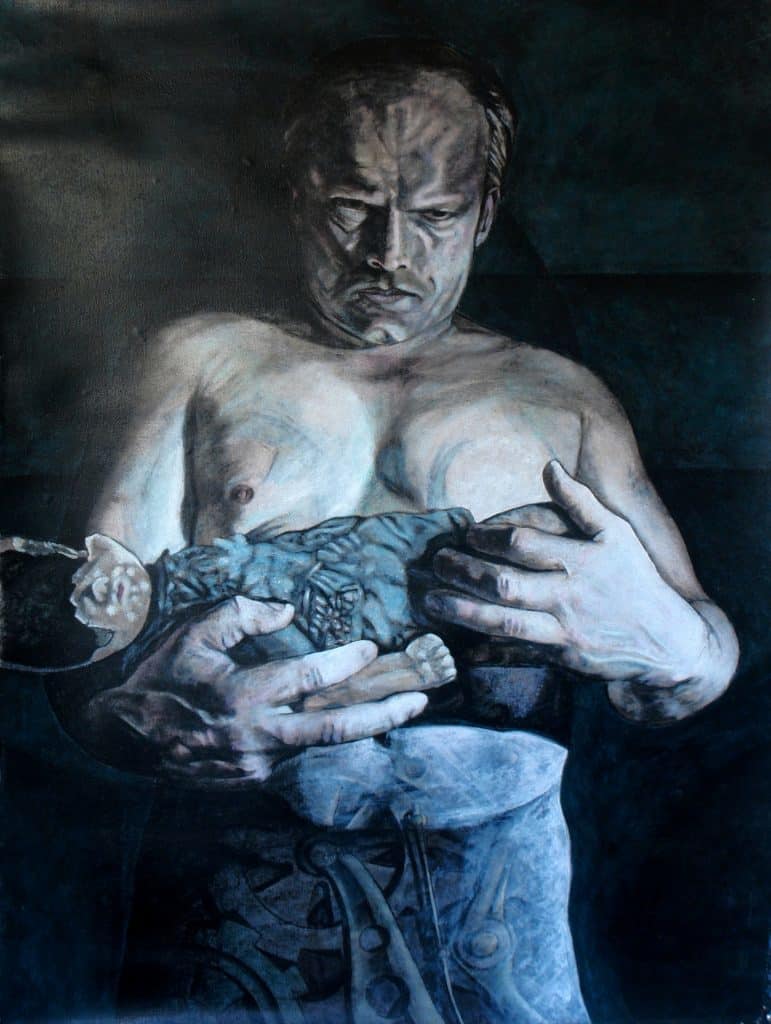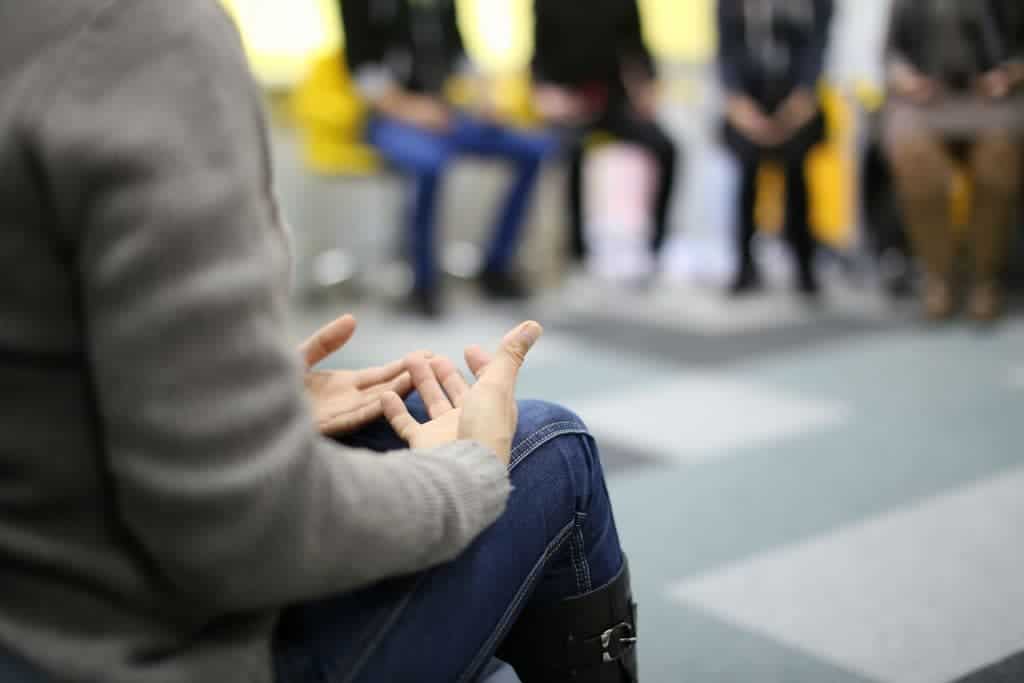
I want to post an appreciation of how celebrities have used the media to speak about their Mental Health issues. My hope is that when people read about how famous people have suffered they will feel empowered enough to talk about their own mental heath and seek help if they need it.
Prince Harry talked about his struggle
I am so glad that recent feature in the Daily Telegraph where Prince Harry talked about struggling to come to terms with his Mothers death her sought counselling. He talked about trying to deal with his grief without punching someone.
Post-partum psychosis in the News
A story in the BBC News of 13 March talked of Sally Wilson’s experience of her experience of Post-partum Psychosis PP following the birth of her daughter. This morning listening to BBC Radio 4 I heard Hannah Bissett talk about what happened after the birth of her child where she too suffered from PP. She spoke on behalf of Action on post-partum psychosis for more information use what is postpartum psychosis. In the news there was the tragic case of Alice Gibson-Watt who took her life after suffering from the same condition.
From personal experience
My Mother suffered from PP in the 1950’s after my birth and was kept in a Nursing Home for two years because of the obsessive behaviour and the strange ideas that she had. She escaped the Nursing Home one night, coming home in her nighty. My Father and my Grandmother managed to accommodate her back into our home, with help from my older sister who was three years old at that time. Due to the stigma associated with mental health my Mother was never able to normalise her condition and suffered bouts of mental illness throughout her life. If society had been more open to talking about mental illness, I believe that her life would have been easier and she would have felt accepted.


